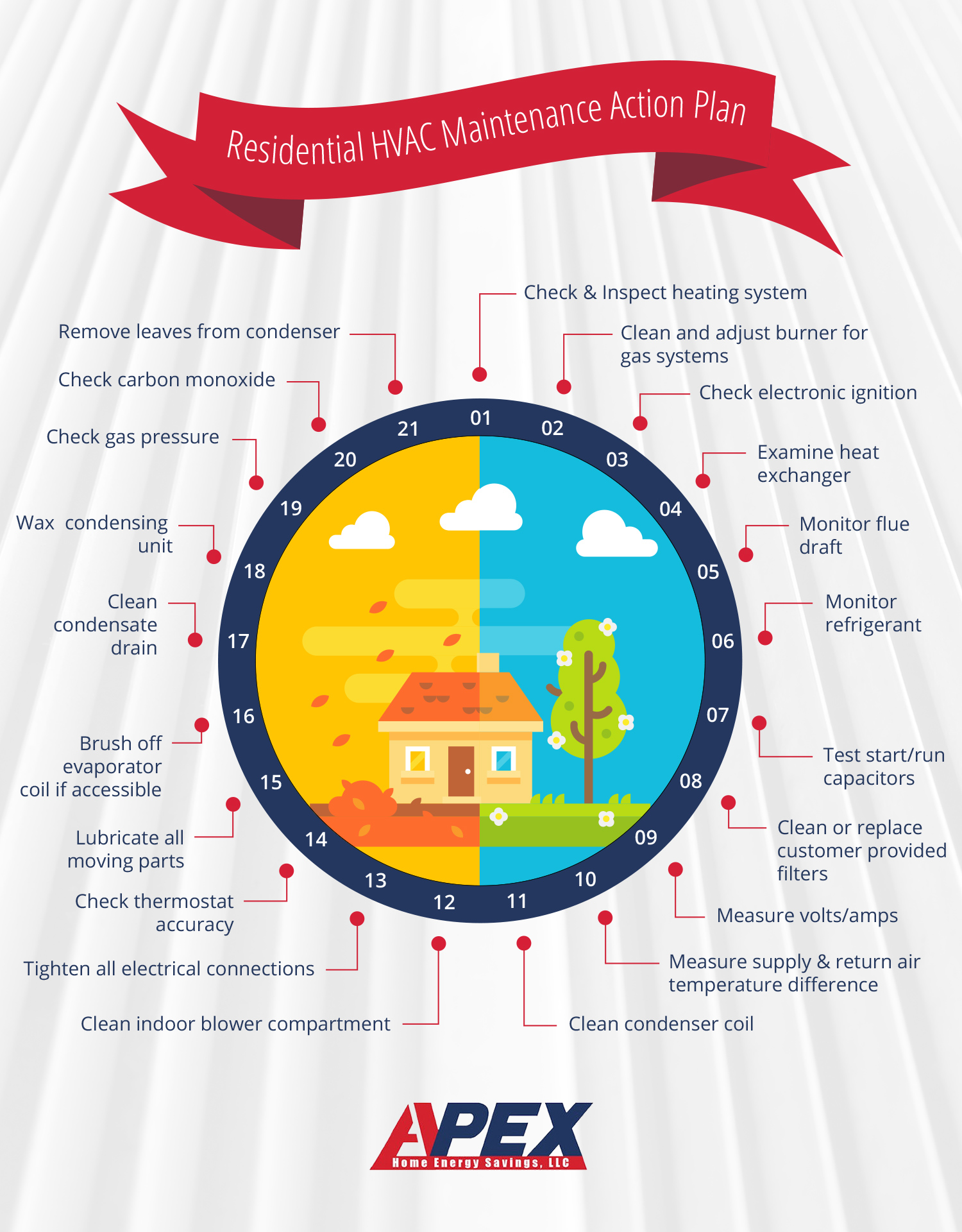Gain Understandings Right Into Making Sure The Performance And Toughness Of Your Heatpump System By Avoiding Common Installation Errors
Gain Understandings Right Into Making Sure The Performance And Toughness Of Your Heatpump System By Avoiding Common Installation Errors
Blog Article
Short Article Writer-Dowling Gillespie
When setting up a heat pump, you have to stay away from common errors that might jeopardize its performance. Overlooking appropriate sizing might cause inefficiencies and greater utility expenses. Disregarding insulation and sealing might lead to power waste and strain on the system. Furthermore, positioning the exterior device incorrectly may affect its performance. By avoiding these errors, you can ensure optimal functioning and toughness of your heat pump system.
Improper Sizing of Heatpump
When it concerns the setup of heat pumps, one of one of the most typical mistakes is poorly sizing the system for your room. Ensuring the best dimension is critical for optimum performance. If the heatpump is as well small, it will have a hard time to warm or cool your room efficiently, leading to increased power costs and potential deterioration on the unit.
On the other hand, if the heatpump is too huge, it will cycle on and off often, causing temperature changes and minimizing its life-span.
To prevent this blunder, it's vital to have a professional examine your room and recommend the proper dimension of the heatpump based upon aspects like square video, insulation, ceiling height, and regional climate. By spending the time and initiative to make sure the appropriate sizing, you can take pleasure in a comfy environment while optimizing energy efficiency and prolonging the life expectancy of your heatpump.
Inadequate Insulation and Sealing
To ensure the effective procedure of your heatpump, it's important to attend to insufficient insulation and securing in your area. https://www.achrnews.com/articles/144464-hvac-upgrades-needed-in-many-us-schools helps maintain a constant temperature indoors, minimizing the work on your heatpump. https://best-heating-repair-compa83693.ambien-blog.com/37497926/optimize-your-decision-making-process-for-heatpump-repair-solutions-by-asking-important-questions-that-can-save-you-time-money-and-problem-reveal-the-methods-in-this-overview can cause energy loss, making your heat pump work harder and less effectively.
Securing any type of voids or leakages in your area is similarly important. heat pump deals christchurch enable conditioned air to get away and exterior air to leak in, forcing your heatpump to make up for the temperature level variations.
Inaccurate Placement of Outdoor System
Attending to the positioning of your heat pump's exterior device is crucial to enhancing its efficiency. Mounting the exterior device in an incorrect place can result in effectiveness problems and potential damage to the unit.
One common blunder to avoid is placing the outside unit as well near to a wall or other frameworks. This can restrict airflow, causing the unit to function harder to heat or cool your area, ultimately reducing its performance and life expectancy.
An additional error to stay away from is placing the outdoor system in direct sunshine. While some sunlight is unavoidable, too much exposure can bring about getting too hot, especially during hot summertime days. It's ideal to place the exterior device in a shaded area to aid maintain its optimal operating temperature level.
Moreover, ensure that the exterior unit is positioned on a steady and level surface. Unequal ground can cause vibrations and unneeded strain on the system, affecting its efficiency in time.
Final thought
In conclusion, avoiding common errors during heat pump installment is important for making the most of performance and long life of your system. By making sure proper sizing, adequate insulation, sealing, and proper positioning of the exterior device, you can protect against concerns such as ineffectiveness, raised power expenses, and pressure on the unit. Taking the time to address these crucial variables will inevitably conserve you time and money over time.
